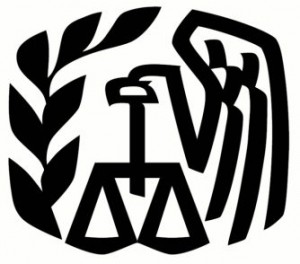
I often hear or read things that I don’t understand, but don’t have time to research. One of those mysteries is the 91% maximum tax rate that was once the top rate in the US.
Some insist that raising the current top tax rate from 35% to 39.6% is essential to address our massive federal debt, and defend the 39.6% rate by comparing it to the 91% rate of the 1950s
I know no one who would give up 91 cents of every dollar earned to Uncle Sam without a fight. If that fight were lost, I know no one who would continue to work if 91% were lost in taxes.
We know that in France, the top tax rate has recently been raised to 75% and this has caused an exodus of high earners, and a variety of other activities to avoid this taxation. We know that one of the facebook founders went so far as to renounce his US citizenship to avoid the tax man.
Were people in the 1950s so patriotic that they paid these taxes cheerfully? Were there deductions, exclusions and tax avoidance schemes that softened the blow?
I saw an article today that answers my questions, and I recommend it. The data is from published IRS sources, and it explains how that 91% rate worked and why we didn’t see anyone renouncing US citizenship or doing financial cartwheels to keep their earnings to avoid that top rate. The article suggests that lower tax rates on a larger tax base is not only more effective, but fairer.
Read the story at online.wsj.com

